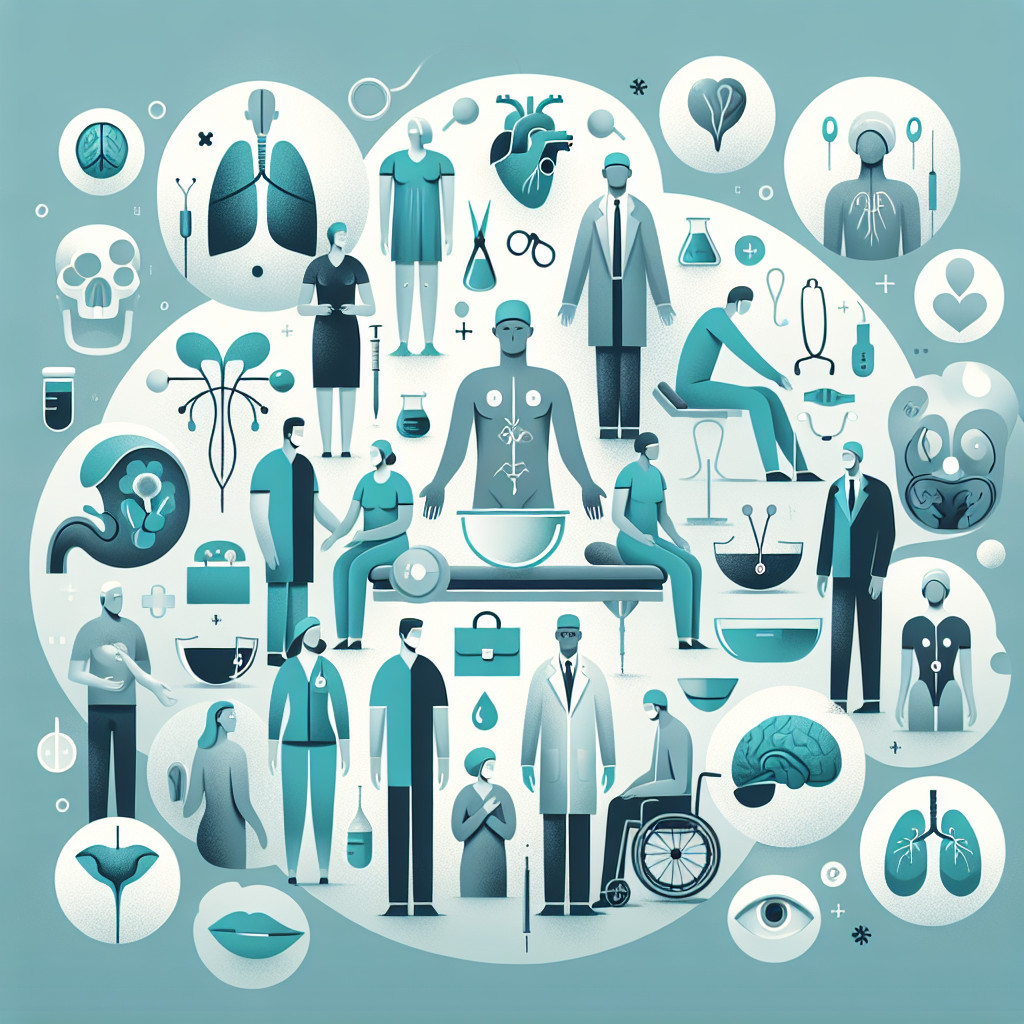Signs You Might Need to Call a Doctor After Transplant

Overview
After a transplant, your body is adjusting to a new organ, and it’s essential to keep an eye on how you’re feeling. While many people do well post-surgery, there are signs that might indicate you should reach out to your doctor. Understanding these signs can help you feel more secure during your recovery.
The basics of transplant surgery involve replacing a failing organ with a healthy one from a donor. This can dramatically improve quality of life, but it also requires careful monitoring afterward. The benefits are clear: many recipients experience relief from symptoms that plagued them before. However, there are limitations, too. Transplant recipients must take medications to prevent rejection, and these can have side effects. Some people worry about how their body will react to the new organ, and that’s perfectly normal.
Common concerns after a transplant often revolve around signs of rejection or infection. If you’re feeling unusually fatigued, running a fever, or experiencing pain in the area of the transplant, it’s wise to check in with your healthcare provider. Changes in your skin, such as rashes or a yellowish tint, could also be signals that something isn’t quite right. It’s important to remember that early detection can make a big difference, so don’t hesitate to reach out if anything feels off.
Recovery looks different for everyone. Some people bounce back quickly, while others may take a bit longer. You might find that your daily routine changes as you adjust to new medications and follow-up appointments. Staying organized with your medications and keeping track of your symptoms can help ease this transition. It’s also a good time to lean on your support network—friends and family can be invaluable during this period.
Cost and access are practical concerns that can weigh heavily on the minds of transplant recipients. The expenses associated with a transplant can be significant, including surgery, medication, and ongoing care. Many insurance plans cover a large portion of these costs, but it’s crucial to understand your specific coverage. If you’re facing financial challenges, don’t hesitate to discuss them with your medical team. They can often provide resources or guidance on navigating the system.
Many people have questions about what to expect after a transplant. One common question is about diet. While there’s no one-size-fits-all answer, focusing on a balanced diet rich in fruits, vegetables, and lean proteins can support your recovery. Another frequent concern is how long it will take to feel “normal” again. This varies widely, but most people find that patience and sticking to their recovery plan help them regain their strength and energy.
Another question that often comes up is about physical activity. It’s essential to engage in regular, gentle exercise, but you should always consult your doctor before starting any new activity. They can provide guidance on what’s safe for your specific situation. Many recipients worry about the long-term effects of their medications. While these are valid concerns, staying in touch with your healthcare team can help you manage any side effects and adjust your treatment as needed.
Sometimes, people wonder how to recognize if something is truly an emergency. If you experience severe chest pain, shortness of breath, or any sudden changes in your health, it’s crucial to seek immediate medical attention. Trust your instincts; if something feels wrong, it’s always better to err on the side of caution.
Emotional health is another critical aspect of recovery. Many transplant recipients experience a range of feelings, from joy to anxiety. Talking about these feelings with your healthcare team or a counselor can be beneficial. Connecting with support groups, either online or in-person, can also provide a sense of community and understanding.
As you navigate your recovery, remember that you are not alone. Many others have walked this path and are willing to share their experiences. The journey might have its ups and downs, but staying informed and proactive about your health can empower you. It’s essential to maintain open communication with your healthcare team, ask questions, and voice any concerns you might have.
In the end, taking care of yourself after a transplant is about more than just physical health. It’s about finding a balance that works for you, nurturing your emotional well-being, and seeking help when you need it. If you notice any signs that give you pause, or if you have any questions about your recovery, don’t hesitate to reach out to your doctor. They are there to support you every step of the way.